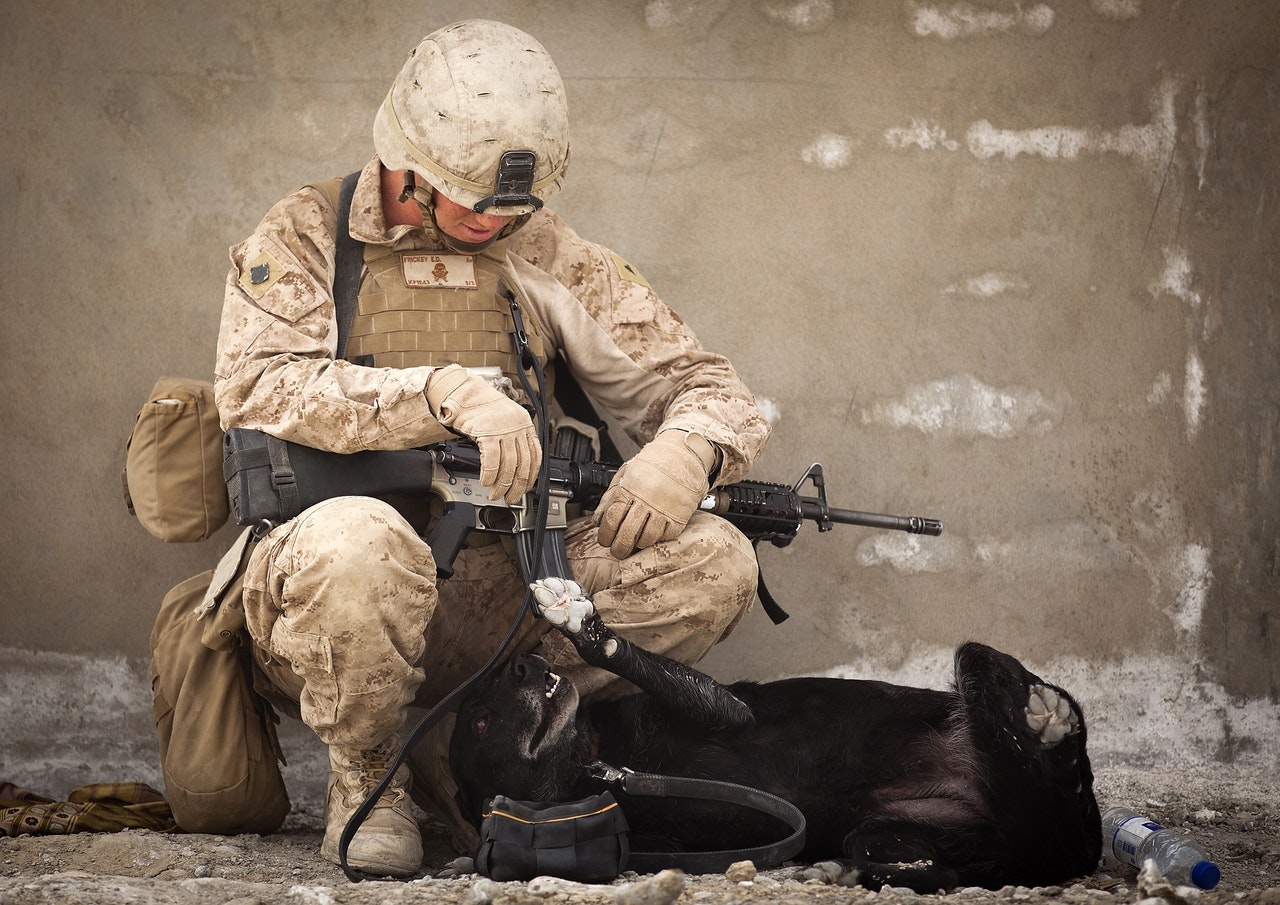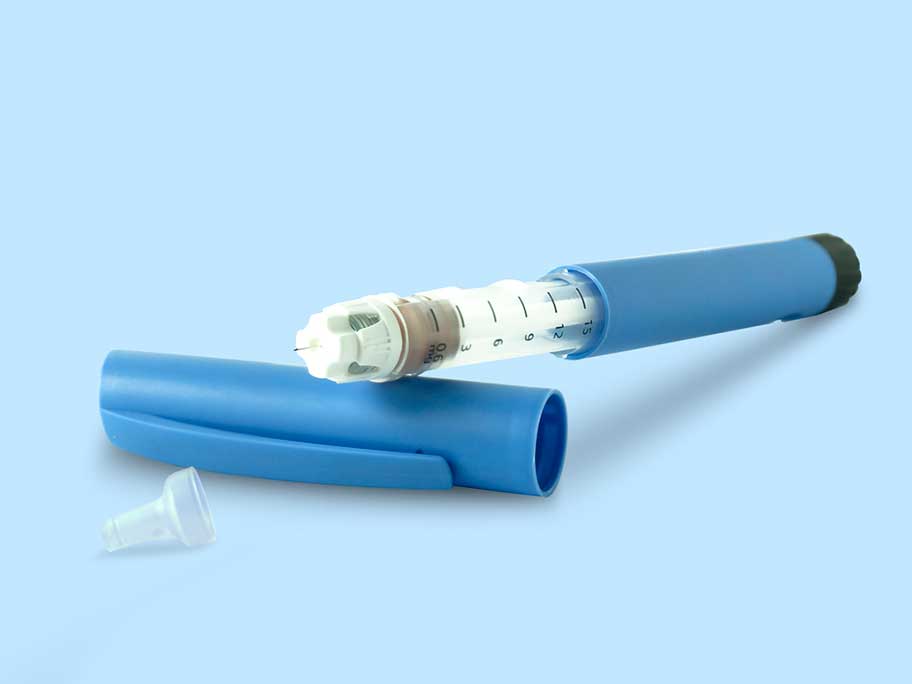Fighting COVID-19 can feel like going to war.
Theresa Beebe, 35, a veteran Army nurse and former director of a Dallas hospital emergency room, recently compared working in the ER during the pandemic to being in the military. She says her experiences in the hospital reminded her of what it was like to be on the battlefield, but the pandemic presented a new type of challenge.
Being Deployed
Beebe said she was used to hearing the phrase “thank you for your service” when she was in the military, but things changed when she returned to civilian life.
“In the past 18 months, that phrase has started to feel like salt in an open wound,” she said.
When she returned to the U.S., she started working in a hospital and soon became the head of the ER just as the pandemic was starting to take hold.
Nothing could’ve prepared her for what was about to happen next.
“Frontline healthcare workers were drafted into a war to fight an invisible, elusive, and endlessly morphing enemy, while having limited-to-no supplies, minimal reinforcements, and no end date in sight. I found myself leading civilian soldiers into a daily battle for their lives and the lives of their patients,” she wrote.
In the military, Beebe says her mission was always clear on the battlefield. Regardless of whom she was caring for, her job was always to keep her patients alive.
In times of war, Beebe also when her tour of duty would come to an end.
But the war against COVID-19 was different. She said they weren’t fighting a clear enemy and there was no clear timeline for ending the war.
Instead of trying to keep her patients alive, Beebe felt helpless as she watched people with COVID-19 succumb to the virus.
“Triumphs only came in the smallest moments of gratitude, like when a declining patient would stay conscious just long enough to say goodbye to his wife before being intubated. Another small victory was when a COVID-positive patient was able to FaceTime with family from her hospital bed as her daughter gave birth to her first grandchild.”
She wrote that when people died of COVID-19, it wasn’t just lives lost, she and her colleagues lost hope as well.
In Afghanistan, Beebe didn’t hear anyone spreading conspiracy theories or pretending that the war doesn’t exist.
“It would be unimaginable for a soldier who recently returned from Afghanistan to hear someone say, ‘Is it even a real war?’ Yet there are Americans who still refuse to believe that the fight against COVID is a real battle, even as it visibly decimates families and healthcare workers nationwide.”
However, there were plenty of similarities between going to war and fighting COVID-19.
“When you’re on active duty, your time is not your own. There’s no such thing as the end of a shift — you’re dismissed when the mission ends whether that’s 7 p.m. or 1 a.m. As an ER director during the pandemic, it was very similar.”
Beebe wrote that she became so consumed with work during the pandemic that “had to set an alarm to remind myself to leave the hospital and pick up my kids from daycare.”
She remembers juggling her phone and computer trying to fill shits in the ICU while giving her kids a bath.
After over a year of working on the frontlines of the public health crisis, Beebe, like many of her colleagues, decided to call it quits.
“In July 2021, I left the ER for a career change. I took inventory of my priorities and decided to change my mission. Now as a small business owner, I can decide to leave my phone at home and prioritize time with my family, a choice that would have left me feeling anxious and guilty not long ago.”
Now that she’s had time to reflect, Beebe says that not having a set end date for the war or her time on the frontlines only contributed to her burnout and fatigue.
“Unlike a deployment tour of duty, there’s no date that we can circle on a calendar and think, ‘If I just make it to this day, then I can go home and rest.’ Without a light at the end of the tunnel, the spiritual and emotional resilience of healthcare workers is dwindling. My staff fought nonstop against COVID with hardly any time off to heal their minds and bodies.”
She says she still hears kind words about the sacrifices she made overseas, but most people tend to overlook all the work she did just 10 minutes from her house.
“I know that I’ve fought harder, lost more, and been more deeply wounded during my fight against COVID-19 than I ever was during my tour of duty.”




